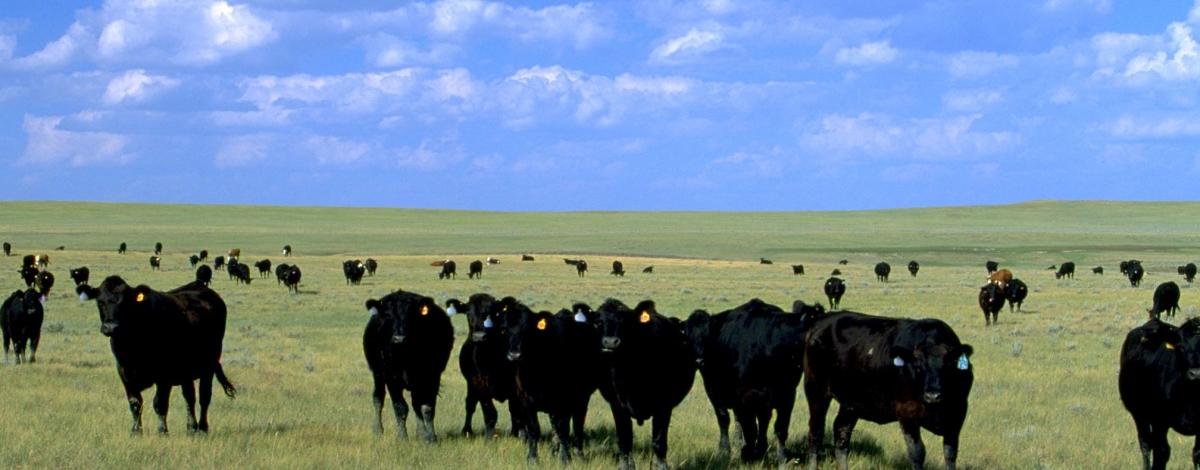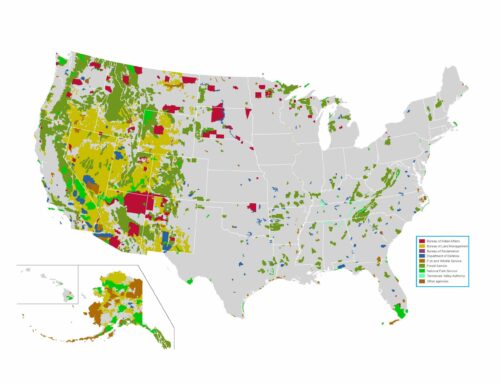by Greg Walcher, E&E Legal Senior Policy Fellow
As appearing in the Daily Sentinel
Federal land managers and environmental industry lawyers are back in court, rearguing a decade-long case about livestock grazing permits. It is a generational debate that finally shows an emerging consensus, though this lawsuit clarifies it’s not universal.
Throughout the 1990s when I was at Club 20, one of the Western Slope’s more contentious issues was grazing on public lands. Ranchers and land managers insisted that grazing was a positive benefit; environmental groups claimed it destroyed the landscape. The Sierra Club had tried to strike a balance in 1992 with a policy statement, “The goal of the management of grazing on the public lands is to restore and maintain fully functioning natural ecosystems …”
Yet by the end of that decade, its own chapters, in step with nearly the entire environmental industry, were still challenging most grazing permits, and publishing articles claiming that “There is no credible scientific evidence that any grazing management method can actually accomplish that goal.” Rather, as one state chapter insisted in 1999, “Livestock grazing on public lands is the most damaging extractive use of U.S. public lands; more damaging to our natural resources than logging and mining.”
Even as recently as 2013, a paper published in the journal Environmental Management called for a complete ban. Its conclusion was that global warming “necessitates the end of livestock grazing — in fact, any grazing — on public lands.”






